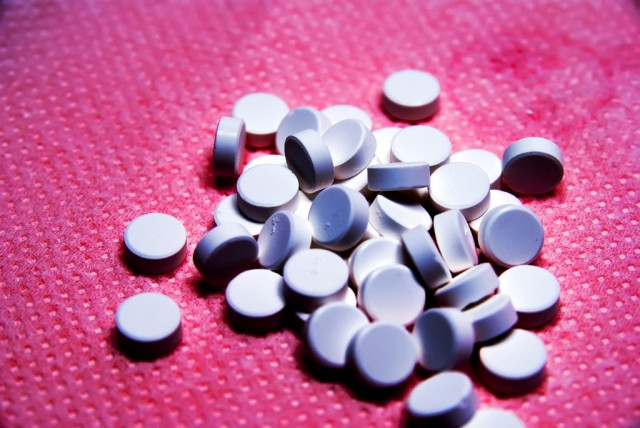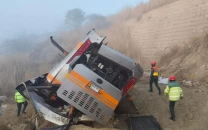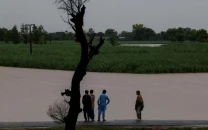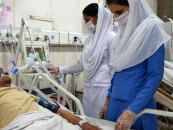Drug abuse among women witnesses alarming surge
Lack of data on addiction hampers efforts to address issue effectively

The prevalence of drug usage, notably smoking, is on the rise among women in Pakistan, posing a significant concern for public health.
While statistics from a survey conducted by the United Nations Office on Drugs and Crime (UNODC) in 2012-2013 indicated that around seven million people engaged in substance consumption, recent figures suggest a notable increase.
Data on drug addiction among young girls and women remains scarce, largely due to social stigmas associated with seeking treatment.
Dr Shamila Batool, a psychologist at a rehabilitation centre in Lahore, highlighted the reluctance of parents to admit their daughters to such facilities due to societal shame, hindering efforts to collect comprehensive data.
"Parents often prefer to deal with the issue privately, fearing judgment from society," she remarked.
"This reluctance only perpetuates the cycle of addiction, as individuals struggle to break free from the grip of drugs without professional help."
Zunaira, a young woman undergoing treatment, shared her harrowing journey into addiction, spurred by societal pressures and personal disappointments. Her story underscores the devastating consequences of substance abuse, culminating in a tragic event that prompted her to seek help.
"I never imagined I would find myself in this situation," she confessed. "But the constant pressure to meet societal expectations, coupled with my own insecurities, pushed me towards substance abuse as a coping mechanism."
Maham, another resident of Lahore, shed light on the prevalent drug culture in her social circle, where substances like alcohol, hashish, and cocaine are normalised.
Despite societal pressures, she abstains from drug use and advocates for vigilant monitoring and support among peers. "It's disheartening to see how easily accessible drugs have become, especially among young adults," she lamented. "But we must prioritize our health and well-being over societal expectations."
Clinical psychologist Jahan Ara Rana stressed the importance of recognizing behavioural changes indicative of addiction and seeking timely intervention.
She emphasised the need for treating addiction as a medical condition, urging continuous monitoring even post-recovery.
"Addiction is a complex issue that requires comprehensive treatment and ongoing support," she explained. "By addressing underlying psychological issues and providing necessary resources, we can help individuals overcome their dependence on drugs."
Syed Zulfiqar Hussain, Director of the Drug Advisory Training Hub, revealed alarming statistics reflecting a surge in drug addiction, particularly among the youth.
He attributed this trend to the easy accessibility of drugs and lauded government initiatives like the "Drug-Free Punjab Campaign" aimed at curbing drug trafficking. "The rampant availability of drugs poses a grave threat to our society," he warned. "It's imperative that we take proactive measures to address this issue and protect our youth from falling prey to addiction."
Punjab Police intensified efforts to combat drug trafficking, resulting in numerous arrests and seizures of illicit substances.
IG Punjab Usman Anwar reiterated the commitment to holding drug offenders accountable, safeguarding the future of the nation's youth.
"We will not tolerate those who jeopardize the well-being of our citizens," he declared. "Through collaborative efforts and stringent enforcement measures, we will strive to create a safer and drug-free environment for all."
Published in The Express Tribune, April 16th, 2024.



















COMMENTS
Comments are moderated and generally will be posted if they are on-topic and not abusive.
For more information, please see our Comments FAQ